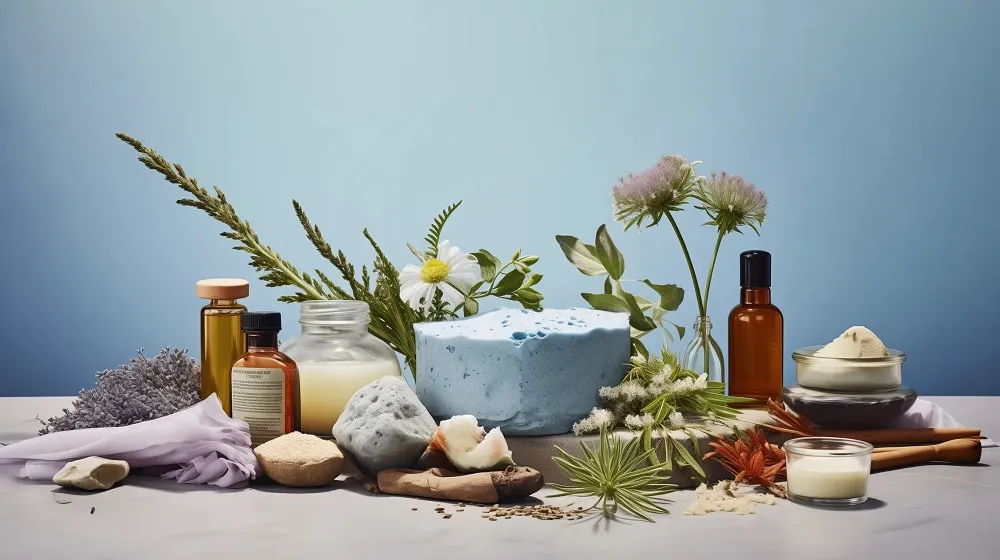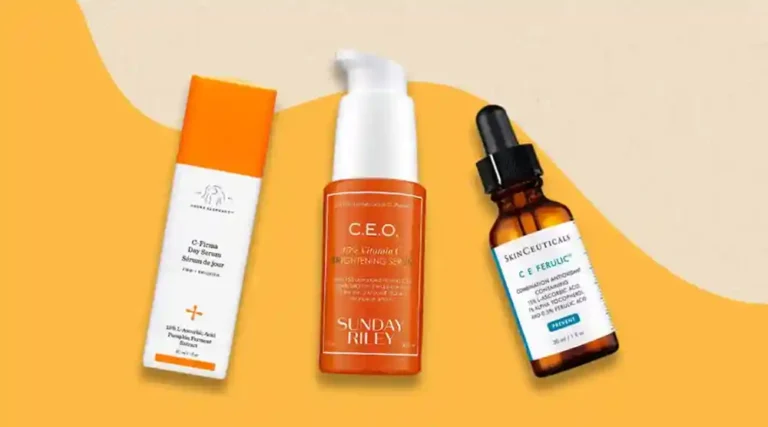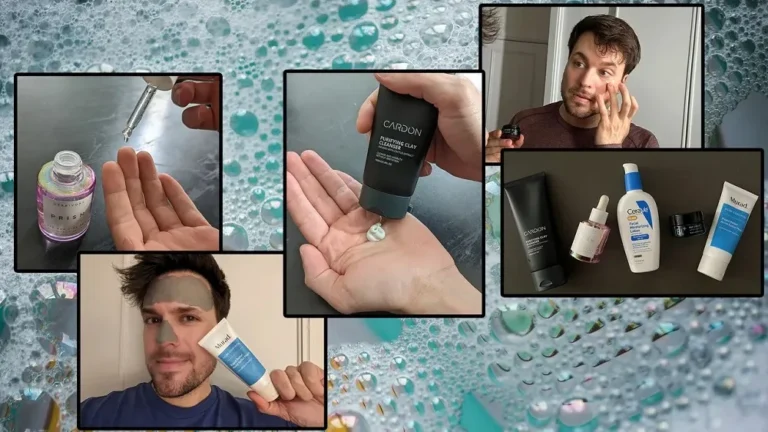
The rise of clean beauty is a movement that has transformed the beauty industry, with more consumers turning to natural ingredients for their skincare, makeup, and haircare routines. Clean beauty is defined by the use of products made from non-toxic, ethically sourced, and eco-friendly ingredients. As awareness grows around the potentially harmful chemicals in conventional beauty products, people are becoming more conscious of what they put on their skin. This shift toward natural ingredients isn’t just a passing trend; it’s a response to growing concerns about health, the environment, and sustainability.
What is Clean Beauty?
Clean beauty refers to products that are free from ingredients known to be harmful to health or the environment. This includes synthetic fragrances, parabens, sulfates, phthalates, and other toxic chemicals often found in conventional beauty products. Clean beauty brands prioritize natural, plant-based ingredients that are safe and gentle on the skin. Additionally, these products are often cruelty-free, and many are packaged in eco-friendly materials, contributing to a more sustainable beauty routine. Consumers today are more informed than ever before. Thanks to social media, blogs, and a growing interest in sustainability, the demand for clean beauty products has skyrocketed. Brands that embrace clean beauty principles are increasingly recognized for their transparency in ingredient sourcing and their commitment to eliminating harmful chemicals. For many, it’s about feeling good inside and out, knowing that the products they use are not only better for their skin but also for the planet.The Power of Natural Ingredients
Natural ingredients in clean beauty products have become increasingly popular because they are often seen as safer and more effective than their synthetic counterparts. From soothing aloe vera to antioxidant-rich green tea, nature has provided a wealth of substances known to benefit the skin. Ingredients such as jojoba oil, argan oil, and rosehip oil are packed with nutrients that hydrate, nourish, and protect the skin, making them ideal for use in moisturizers, serums, and other skincare products. One of the main appeals of natural ingredients is that they are often gentler on the skin compared to synthetic chemicals. Harsh chemicals in conventional beauty products can lead to skin irritation, breakouts, and long-term damage, while natural ingredients tend to be milder and more in tune with the skin’s own biology. For example, coconut oil, a favorite in clean beauty, is a natural antibacterial agent that can help to prevent acne while moisturizing the skin. Furthermore, the shift toward natural ingredients has led to the discovery of a wide array of powerful plant-based components, such as turmeric, chamomile, and seaweed. These ingredients are celebrated for their ability to target specific skin concerns, from redness and irritation to hyperpigmentation and fine lines. With advancements in formulations and extraction methods, natural ingredients are now able to offer the same, if not better, results as their chemical counterparts.The Environmental Impact of Clean Beauty
Another driving factor behind the rise of clean beauty is the increasing focus on environmental sustainability. As the beauty industry has grown, so has its environmental footprint. Many conventional beauty brands rely on harmful chemicals that can pollute water systems and contribute to environmental degradation. Additionally, the excessive use of plastic packaging has added to the waste problem. In response, clean beauty brands have made significant strides toward reducing their environmental impact. Many now use biodegradable, recyclable, or reusable packaging to minimize waste. Some companies even offer refillable containers to reduce plastic consumption. Additionally, clean beauty brands are focused on using sustainably sourced ingredients, ensuring that the plants and materials used in their products are harvested responsibly, without harming ecosystems or contributing to deforestation. The rise of eco-friendly beauty has also seen the growth of brands that prioritize cruelty-free practices, further aligning with ethical values that consumers increasingly expect from the brands they support. As the beauty industry becomes more mindful of its impact on the environment, the demand for clean beauty products will likely continue to grow.The Influence of Social Media and Consumer Awareness
Social media plays a huge role in the rise of clean beauty. Influencers, beauty bloggers, and celebrities have embraced and advocated for cleaner, more natural products, encouraging their followers to make the switch. Platforms like Instagram and TikTok have provided a space for consumers to share their experiences with clean beauty products, creating a sense of community around natural skincare and makeup. Moreover, the increased availability of information about harmful ingredients in beauty products has made consumers more aware of what goes into their cosmetics. The “greenwashing” of products — where brands make misleading claims about being natural or organic — has led to a greater demand for transparency. Consumers now want to know where a product’s ingredients come from, how it is made, and whether it has been tested on animals. Clean beauty brands that are open about their ingredient lists and production processes are earning consumer trust and loyalty.The Future of Clean Beauty
The clean beauty movement is not a passing fad; it is a fundamental shift in how people approach beauty and personal care. As more consumers demand natural, non-toxic products, it’s likely that the beauty industry will continue to evolve in response. We can expect even more innovation in natural ingredients, as well as the development of more eco-friendly and sustainable packaging solutions. The growth of clean beauty also indicates a broader cultural change toward health-conscious living and environmental sustainability. People are becoming more aware of the importance of taking care of their skin in a way that is both safe and responsible. Whether it’s avoiding harmful chemicals or supporting brands that prioritize ethical practices, clean beauty is empowering consumers to make better choices for themselves and the planet. In conclusion, the rise of clean beauty and natural ingredients is reshaping the beauty industry. Consumers are more informed and conscientious about the products they use, seeking out those that align with their health and environmental values. With its focus on transparency, sustainability, and skin-friendly ingredients, clean beauty is proving to be more than just a trend—it’s a movement that’s here to stay.Read More latest Posts
- Sabine Wren Star Wars Rebel: From Mandalore to Jedi Path Now
- Ryomen Sukuna Power Tier: JJK’s King of Curses Fully Unleashed
- RUB Ranking 2025: What It Means for Students and Employers
- Roxy FNAF Lore Breakdown: What’s Real, Fake, and Terrifying
- Roxanne Wolf in FNAF Explained: Glamrock’s Fiercest Predator






